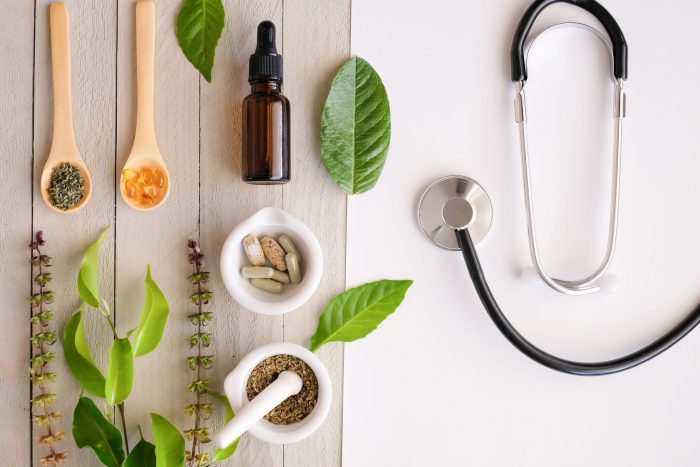
Human papillomavirus (HPV) is an infection that most sexually active men and women get exposed to at some point during their lifetime. In the majority of cases, the body is successful at suppressing the virus, and HPV causes no symptoms or health problems. In some instances, however, HPV lingers in the body and can potentially cause serious health problems such as genital warts and cervical cancer. Fortunately, there are some natural remedies which may help with these HPV-related health issues.
Common Symptoms of HPV
Many people are unaware that they have contracted HPV because symptoms may appear only years later or not at all. The most common signs of HPV infection are warts and cancer.
Warts
Genital warts may look like a small bump or group of bulges. These warts can appear in the vulva or cervix in women and the penis or scrotum in men. They can range in size, appearance, and shape; some are large, some are small, and others are flat or cauliflower-shaped.
The most common type of HPV-related warts besides genital warts are:
- Common warts: Raised, rough bumps most commonly found on the hands, fingers, and elbows.
- Plantar warts: Hard, grainy growths on the feet.
- Flat warts: Flat-topped and somewhat raised lesions that are typically darker than normal skin color and located on the face, neck, or other areas that have been scratched.
Cancer
Certain types of HPV are cancer-causing in humans. Cervical cancer is the most prevalent, followed by cancer of the vulva, penis, vagina, anus, and oropharynx. It is possible for these cancers to take years or decades to develop.
HPV Symptom Natural Remedies
Some natural remedies have been found to help with HPV-related issues like warts and cancer. These remedies include:
- AHCC: AHCC is an extract that is cultured from various species of medicinal mushroom mycelia (roots). It has the ability to assist in long-term suppression of the virus by boosting the immune system. When you take AHCC, your immune function will likely increase due to the number and activity of natural killer and other immune cells.
- Vitamin C: Several trials have demonstrated that vitamin C has a protective, immune-boosting effect on cervical health (1).
- Zinc: Zinc has been shown to induce apoptosis (cell death) in cervical cancer cells (2).
- Folic acid: Folate deficiency seems to contribute to cervical cancer formation (3).
- Beta carotene: Higher levels of beta-carotene appear to have a protective effect against HPV-related infections (4).
- Selenium: Supplementation with selenium improved the cervical health of women over six months (5).
Although there is no cure for HPV, these natural remedies are may help the body suppress the virus. Addressing nutritional deficiencies and enhancing the body’s natural ability to fight off infection is an effective way to respond to HPV and its related symptoms.
Sources
- Folate, vitamin C, and cervical intraepithelial neoplasia: National Institutes of Health, 1992.
- Zinc induces apoptosis on cervical carcinoma cells by p53-dependent and -independent pathway: National Institutes of Health, 2017.
- Oral folic acid supplementation for cervical dysplasia: a clinical intervention trial: National Institutes of Health, 1992.
- Content of beta-carotene in blood serum of human papillomavirus infected women with cervical dysplasias: National Institutes of Health, 1996.
- The favourable effects of long-term selenium supplementation on regression of cervical tissues and metabolic profiles of patients with cervical intraepithelial neoplasia: a randomised, double-blind, placebo-controlled trial: National Institutes of Health, 2015.








